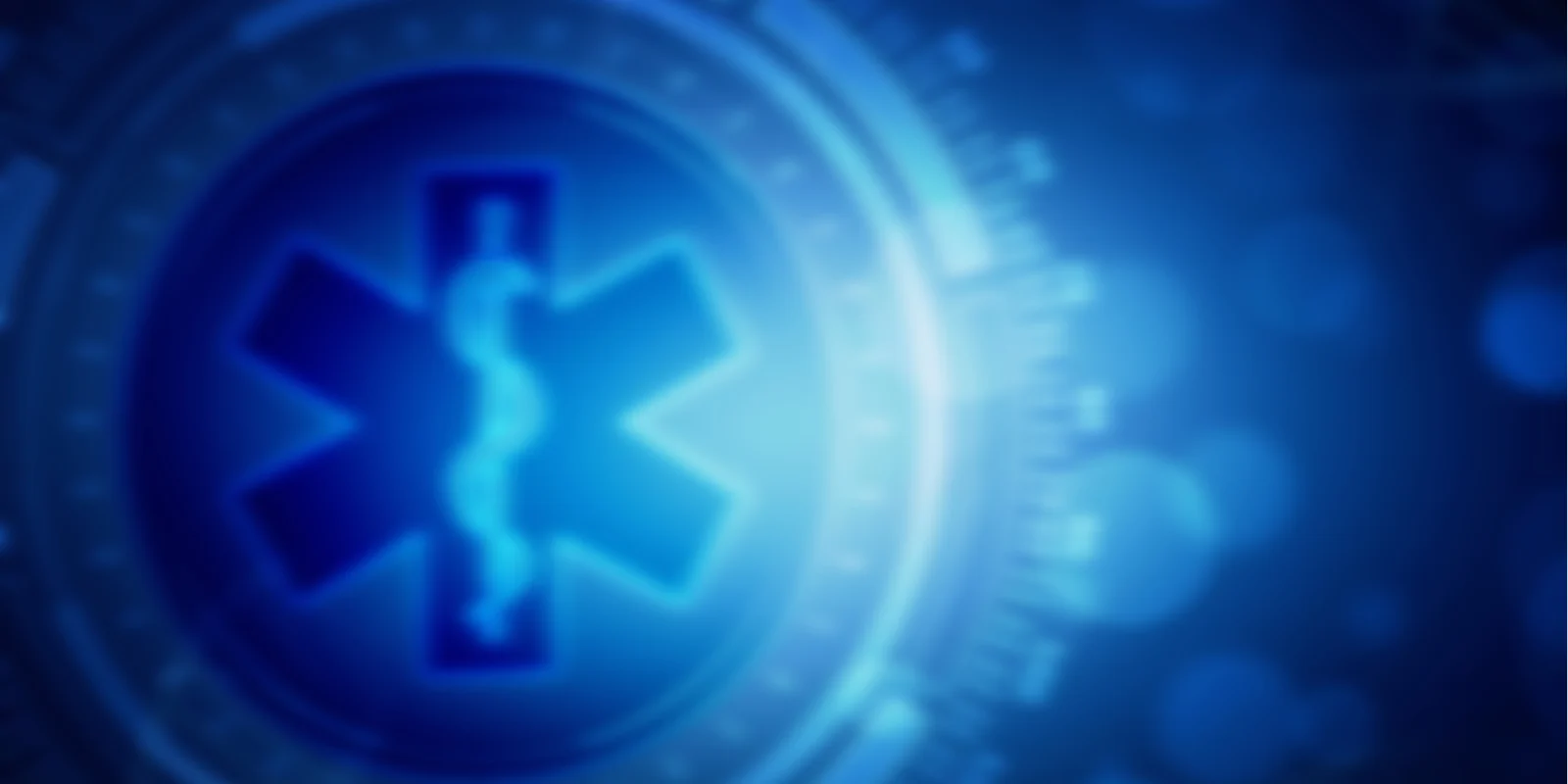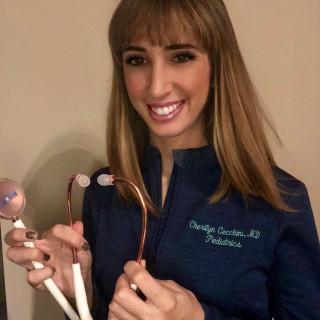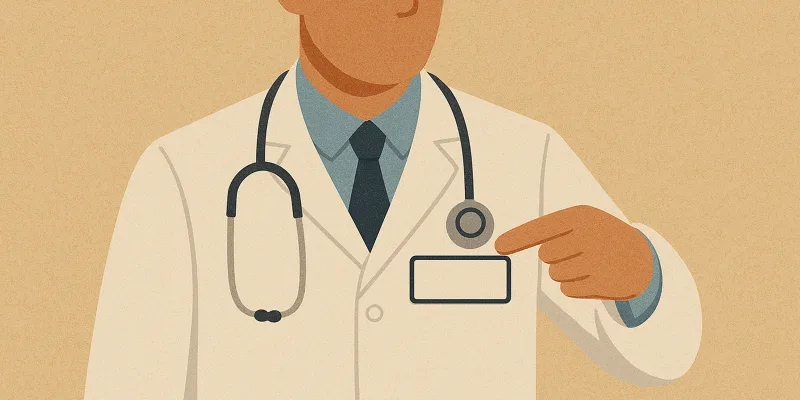 I was walking with my dog as usual when I noticed something awry.
I was walking with my dog as usual when I noticed something awry.
“Why is everyone huddled around this area?” I thought to myself.
I continued to walk by without trying to make it obvious, but I could feel the hairs standing up on the back of my neck—always the telltale sign that something isn’t right. I have a very reliable gut intuition.
I encourage my pup to keep going when I see it: right there on the pavement is a man lying face down in a puddle of blood.
“Oh my god,” I think to myself, my inner physician wanting to immediately help him, which is impossible because I literally have no supplies and a small four and a half pound maltese-yorkie in tow. After confirming that someone has called 911, I hear my voice almost whisper, “I will be right back,” although I doubt anyone hears me and obviously no one knows that I am a trained doctor. Moments later, I feel my legs running back to my place of residence (thankfully I wasn’t far), dropping my pup on the sofa and immediately searching for supplies. Do I have gloves anywhere? I know I have sterile gloves somewhere! I am tearing my apartment apart for a stethoscope, gauze, and anything else I can think of. If only I had a blood pressure cuff!
I run back outside to find this man still face down on the ground slowly losing consciousness.
“Can you hear me?” I hear myself shouting.
“Sir, can you hear me?”
“Don’t move your head.”
As I start my basic assessment (circulation, airway, breathing) I try to get as much collateral information as possible. “Did anyone witness the fall?” No, no one had seen what happened. I had no idea if this man had been struck by a vehicle or had simply just fallen over. He wore a backpack that, after donning my gloves, I tried to rifle through to find some sort of identification. The ambulance thankfully arrives moments later.
I dutifully state my hand-off report: “Unidentified middle aged African American male found down after an unwitnessed fall with waxing and waning consciousness, thready pulse of roughly 110 bpm and intact airway, still breathing. Face laceration with extensive amounts of blood, possible neck or back injury.” I realize no one is listening to me.
That is when I see it: the worst medical care I have ever witness in my whole life. I was trained as an EMT at 16-years-old. Yes, my license lapsed because I never kept up with it once I was in medical school, but still. I know the basics. I knew that what I was seeing wasn’t standard procedure.
The EMTs weren’t even wearing gloves. That’s right: they simply walked over with a stretcher, picked this man up with their bare hands and flipped him over. No c-spine collar. No concern for his neck. They might have just paralyzed this man. Everyone standing around just kept saying that he was high on drugs and homeless, but so what? Does that mean this man deserved this sub-par medical care? Certainly not. I could hear myself saying, “he might have a spinal injury,” urging the EMTs to apply a c-spine collar before transporting him, but it fell on deaf ears.
They were suddenly gone. They swept him up into the ambulance and I was left standing in the street in disbelief. I know that decisions in the field are made in a split second, but I wasn’t able to fully understand the rationale behind the steps that were carried out before my eyes. I felt infuriated, actually. Purely outraged. Why did this just happen?
The worst part of all was that, even if this man did receive worse care then he deserved, no one he knew was there to report it on his behalf—a very sad reality. I hope that this was just a fluke, a once in a lifetime event that maybe I just simply misunderstood. Yet, I worry that it is sad truth that needs to be addressed by institutions and emergency medical professionals everywhere. Do I wish I had asked for the names of the EMTs or reported what I saw to the hospital? Yes and no. As a medical professional, I know there is tremendous backlash if you choose to call attention to any faults of a major academic institution. Somehow it probably would have gotten twisted around and turned against me. So, I did nothing. I was powerless.
I hope that the patient is alright. I wish I could tell him that I was really concerned about him and that I still think of him. In writing this, I hope that it helps prevent this type of lack of care from reoccurring in the future.
Dr. Cherilyn Cecchini is a pediatrician and a 2018–2019 Doximity Author.
Image by jijomathaidesigners / Shutterstock







